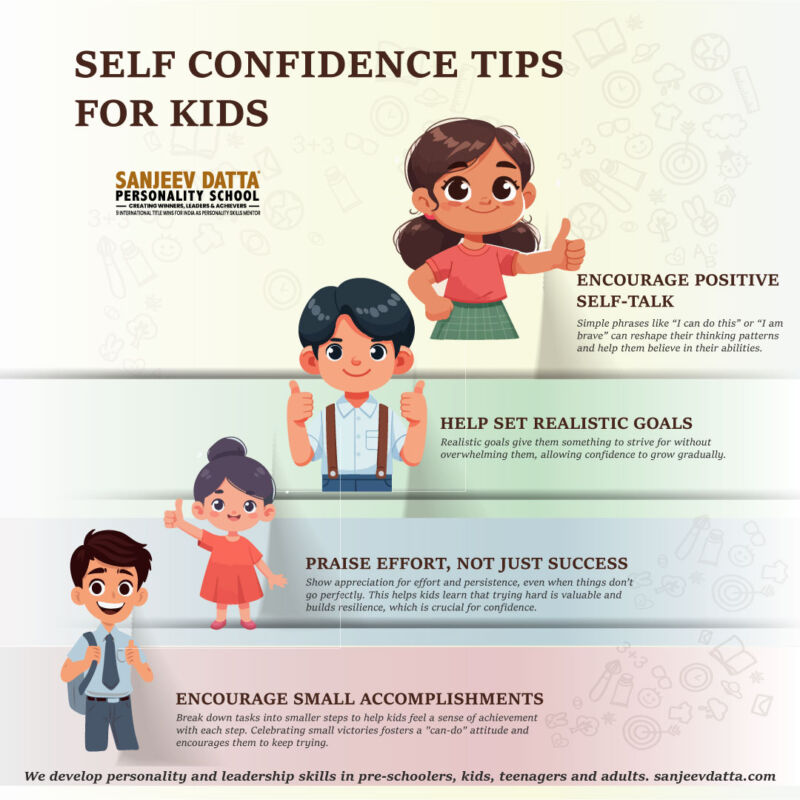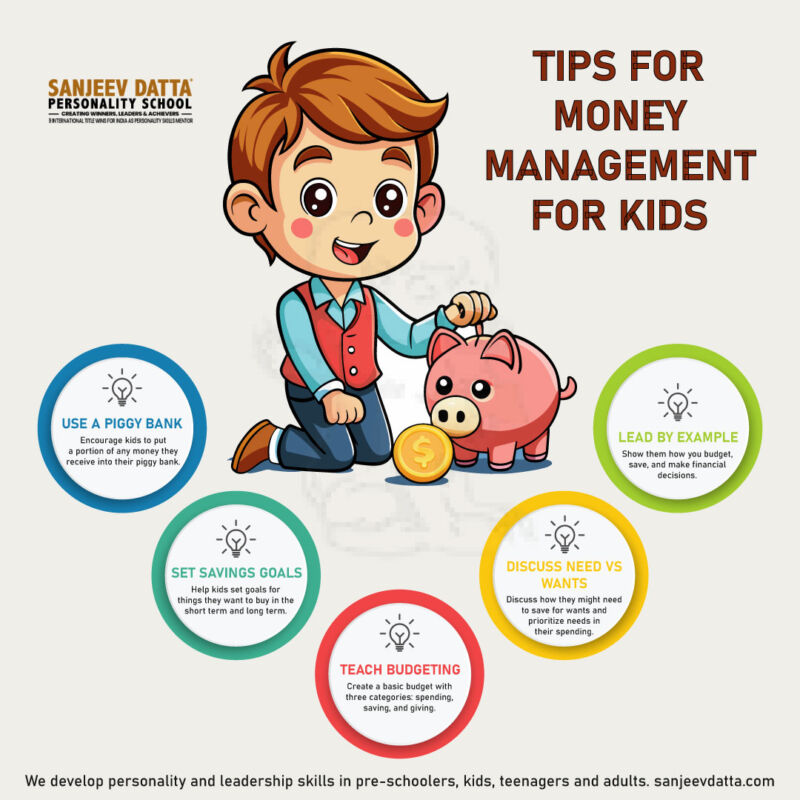Every child is a story waiting to unfold—an intricate blend of potential, curiosity, and individuality. In today’s hyper-connected world, however, a quiet pressure has settled on the shoulders of many parents—the urge to compare their child’s development with others. From the first word to academic performance, from social behaviors to extracurricular achievements, children are often evaluated not for who they are but how they match up against their peers. But here’s a truth worth holding on to: Every child follows a unique growth path, marked by personal milestones rather than universal checklists.
This brings us to a powerful paradigm shift: Milestones vs. Comparisons—a critical concept for any parent striving to nurture their child’s true potential. Understanding the difference between healthy developmental milestones and toxic comparisons is the first step toward empowering children to thrive.
In this comprehensive guide, explore the nuances of growth, the dangers of comparison, and how recognizing individual milestones can lead to more confident, emotionally resilient, and socially capable children.
What Are Developmental Milestones?
Developmental milestones are age-specific skills or behaviors that most children can do by a certain age. These include:
- Physical milestones (crawling, walking, coordination)
- Cognitive milestones (problem-solving, language development)
- Social and emotional milestones (making friends, expressing feelings)
- Communication milestones (speech clarity, understanding instructions)
These benchmarks offer parents and educators a general roadmap of what to expect at each stage of childhood. However, they are not deadlines.

Milestones: Not a Race, But a Reference
It’s important to note that milestones serve as guidelines, not grade cards. A child who begins walking at 18 months instead of 12 is not behind—they’re simply progressing on a different path. The diversity in developmental timing is natural and should be embraced rather than scrutinized.
Visit: 10 cool careers for kids
The Problem with Comparisons: A Silent Thief of Joy
Comparisons may seem harmless, even motivational, but they often come with unintended consequences.
1. Emotional Stress on Children
Constant comparison can create anxiety, low self-esteem, and a persistent feeling of inadequacy in children. They begin to internalize the belief that they are not “good enough” unless they match or outperform others.
2. Damage to Parent-Child Bond
When parents focus more on what their child isn’t doing rather than what they are achieving, it can unintentionally send the message that love and approval are conditional.
3. Stifled Creativity and Self-Expression
Every child has natural gifts. Comparisons shift attention away from discovering these talents, pushing children into conformity rather than individuality.
4. Encouraging Competition Over Compassion
An excessive focus on being better than others can lead children to prioritize competition over collaboration, which can hinder the development of empathy and emotional intelligence.
Give your child the gift of self-confidence—enroll in our personality development for kids program today and watch them bloom into their best self!

Milestones vs. Comparisons: A Psychological Perspective
Psychologists suggest that extrinsic motivation—driven by rewards or fear of failure—can limit a child’s intrinsic curiosity and passion.
Comparisons feed extrinsic motivation, while milestones encourage growth-based learning.
Children who grow in milestone-driven environments are more:
- Confident in their identity
- Capable of managing failure
- Open to challenges
- Willing to take healthy risks
On the contrary, comparison-driven children may fear failure and become perfectionists or completely disengaged from learning.

How to Focus on Your Child’s Unique Growth Path?
1. Track Individual Progress, Not Peer Benchmarks
Monitor your child’s development over time instead of comparing it with others. Document small achievements. Celebrate them.
2. Encourage Self-Reflection
Teach your child to ask:
- “What did I learn today?”
- “What can I do better tomorrow?”
- “What made me happy or proud today?”
3. Promote Growth Mindset
Praise effort, not just results. Say things like, “You worked really hard on that,” rather than “You’re the best in your class.”
4. Diversify Opportunities
Expose children to various activities—music, sports, storytelling, coding, nature walks—without pressuring mastery. The goal is exploration, not comparison.
5. Practice Mindful Parenting
Instead of reacting with worry when a child lags behind peers, respond with curiosity. Ask, “What does my child need at this moment to flourish?”
Visit: bilingual development benefits for kids
Real-Life Examples: Milestones over Comparisons
Case 1: The Late Speaker
Riya didn’t start speaking full sentences until age 4. Other children were already forming paragraphs. But instead of worrying, her parents focused on providing a rich language environment. By age 6, Riya had developed a deep love for storytelling and went on to win inter-school debates.
Case 2: The Shy Performer
Arjun was a quiet child who struggled with stage fright. While others performed in school events, he preferred the sidelines. His parents enrolled him in personality development sessions instead of forcing him on stage. By the time he was 12, Arjun was confidently delivering speeches in front of hundreds.
These stories highlight a critical truth—children bloom when nurtured with patience, not pressure.
Help your child break free from the comparison trap. An expert-led personality development course empowers them to discover their unique strengths.

Healthy Ways to Support Your Child’s Milestone Journey
1. Accept Differences Wholeheartedly
No two children are alike. Some are athletic, others artistic; some are analytical, others emotionally intuitive. Every child adds value in their way.
2. Create a Safe Space for Expression
Encourage your child to talk about their feelings. Avoid dismissive comments like, “Don’t be shy,” or “Why can’t you be more like your cousin?”
3. Engage in Open Communication
Have regular discussions about their day, challenges, and achievements. Listen without judgment.
4. Celebrate Small Wins
Whether it’s tying shoelaces or solving a puzzle, small accomplishments deserve recognition.
5. Avoid Labels
Avoid phrases like “He’s slow” or “She’s not sporty.” Labels can become self-fulfilling prophecies.
Educational Systems and the Comparison Culture
Many traditional schooling systems unintentionally fuel comparison by emphasizing grades over growth. Rank-based assessments, competitive exam results, and standardized curriculum often ignore the individual learning curve.
Parents can counteract this by focusing on skill development over scorecards. For instance, a child scoring 75% but showing consistent improvement is often more resilient and motivated than one scoring 95% under pressure.
When to Seek Professional Guidance?
While flexibility in milestone achievement is normal, professional help may be beneficial if:
- A child misses multiple milestones across domains (language, motor, social)
- There is a regression in previously learned skills
- The child consistently avoids social interaction or communication
A pediatrician, child psychologist, or early development expert can provide assessments and support strategies.
Milestones vs. Comparisons in Adolescence
The teen years bring a fresh wave of comparisons—body image, academic performance, popularity, and digital presence. Teaching teenagers to measure themselves against their own past and not others is a crucial part of raising emotionally secure adults.
Encourage journaling, goal-setting, and involvement in non-academic interests to help them stay rooted in personal growth.
Conclusion: Milestones vs. Comparisons – Choose the Right Lens
In the parenting journey, it’s easy to lose sight of the bigger picture amid the noise of societal expectations. But every child deserves to grow in an environment that celebrates progress over perfection, and authenticity over assimilation. Understanding the difference between Milestones vs. Comparisons empowers parents to shift from judgment to joy—from pressure to presence.
Rather than asking, “Is my child keeping up with others?” ask, “Is my child becoming the best version of themselves?”
Because in the end, it’s not about when they walk or how high they score. It’s about who they become.


